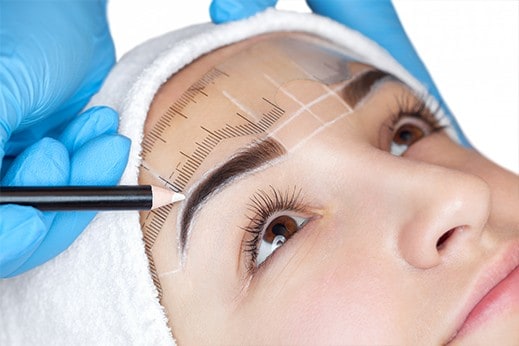
Businesses challenge COVID-19 regulations
California Gov. Gavin Newsom and other state leaders were hit Tuesday with a proposed federal class action suit challenging the state’s coronavirus regulations prohibiting barbering and cosmetology professionals from operating their businesses, likening them to a seizure of private property for public benefit without just compensation.
Tatoma Inc. operates Atelier Aucoin Salon in La Jolla, Calif., and filed the suit against the governor, Attorney General Xavier Becerra, and Kristy Underwood, executive officer of the State Board of Barbering and Cosmetology, alleging state-issued shutdown orders for barbers, hair salons, and other cosmetology-based businesses violate the Fifth and Fourteenth Amendments, as well as various state laws.
Because the orders closing the businesses among other things rendered state-issued barber and cosmetology licenses obsolete for a public benefit, the state seized their property without compensation in violation of the takings clause of the Fifth Amendment, Tatoma argued.
“When the government takes the property of dozens or even hundreds of homeowners whose homes abut an existing highway in order to expand the highway, compensation is owed to the homeowners; the public at large is benefitted, but only certain members of the public bear the burden, thus entitling them to compensation,” Tatoma said. “The same is true here.”
The lawsuit outlined various orders issued by Newsom since March related to COVID-19 that shuttered barbers, beauty salons, and nail salons while deeming them “non-essential” businesses, including the latest one on Dec. 29 that kept them closed. Tatoma argued the orders are “arbitrary and capricious” in violation of the Fourteenth Amendment.
Many other businesses with questionable “essential” value have been allowed to continue operations with limited capacity, while those in the cosmetology industry have not, Tatoma said.
“At the same time, defendants have allowed pet groomers to remain open, sending the signal that dog haircuts are more essential than human haircuts,” Tatoma said. “Defendants have also allowed restaurants, strip clubs, toy stores, clothes stores, souvenir shops, and adult sex shops to remain open while at the same time forcing plaintiff to completely close, with no opportunity to make any income or livelihood whatsoever.”
SOURCE: Law360






